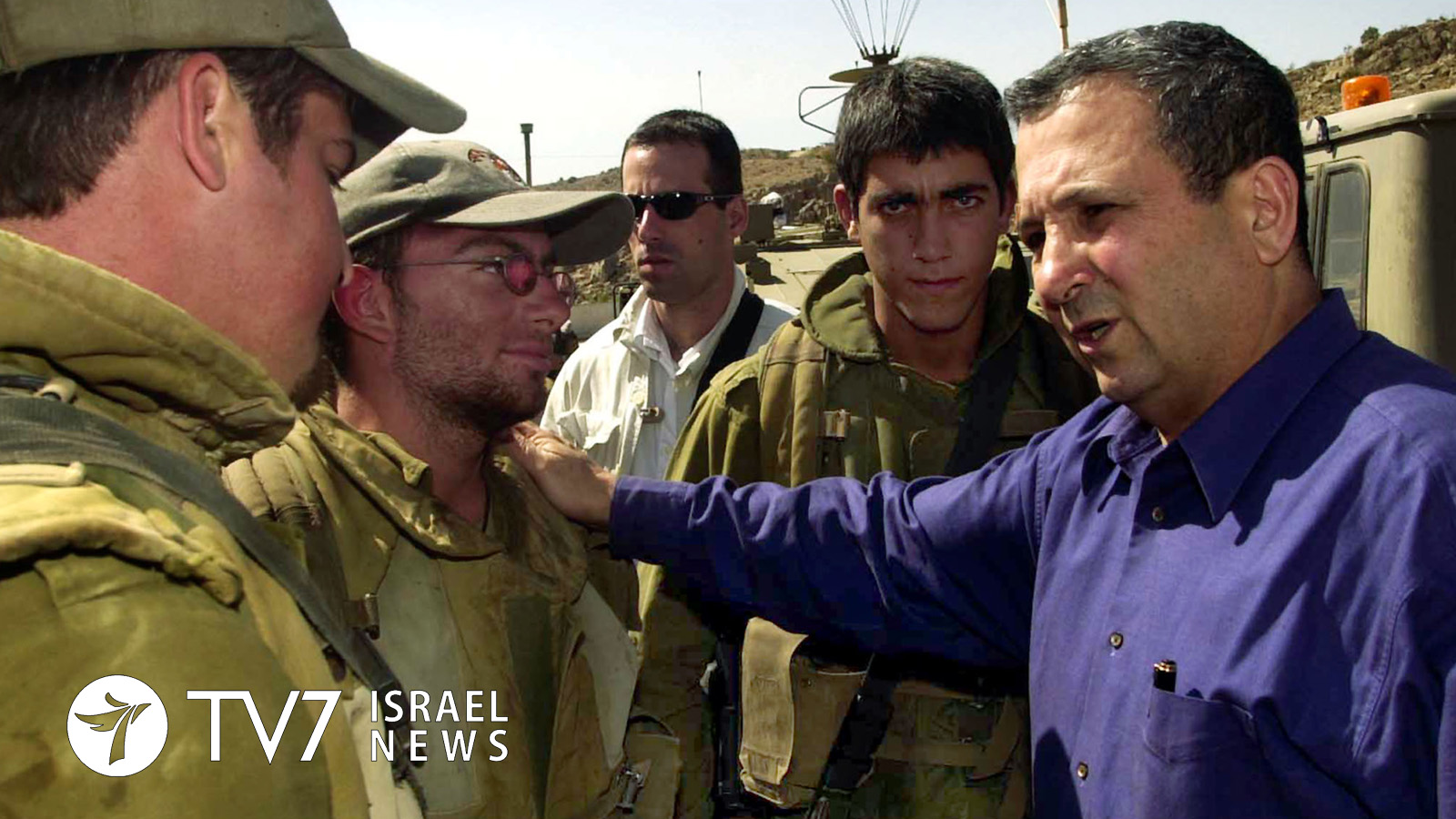Lebanon Battle Ribbon Closing Israeli Chapter
By Amir Oren
A commission appointed by IDF Chief of General Staff Aviv Kochavi and headed by one of his predecessors, Shaul Mofaz, has recommended that every soldier who served in Lebanon during the 18 years Israel has lingered there following the 1982 war be awarded a battle campaign ribbon, to be proudly worn on one’s uniform or shown around the house, as the case may be, given that there are virtually no enlisted men and precious few senior non-commissioned officers still in service, 20 years after Israel’s final withdrawal from Lebanon.
One serving officer able to display the ribbon on his chest will be Kochavi himself, who was drafted in 1982, as the IDF started realizing that Lebanon will not turn out to be the in-and-out, 72-hour raid imagined by Prime Minister Menachem Begin and Defense Minister Ariel Sharon. Kochavi came up through the ranks and emerged from Lebanon a full Colonel in charge of a Brigade just north of Israel’s Galillee district.
Now a Lieutenant General, the only one allowed on active service per IDF regulations and traditions, he commands a dozen Major Generals who were Battalion and Company Commanders when Israel cut its losses and prefered deterrence and legitimacy over constant friction with Hezbollah – which was not even there in 1982, as the war pitted the IDF against Palestinians and Syrians – and reliance on a local proxy, the South Lebanon Army.
When the Israelis withdrew, thousands of SLA fighters and dependents joined them. Some were absorbed into Israeli society. Many have not, feeling uprooted, bitter and ignored by a country which moved on and became indifferent to their sacrifice. This attitude angers veterans of Lebanon, including Mofaz, who commanded the Division in charge of the SLA, then was IDF chief during the hasty 2000 evacuation and finally Defense Minister in the early 2000’s. He is joined by Benny Gantz, who followed him in all three of these positions, and by Gabi Ashkenazi, a former Lebanon Division chief, Northen Command leader during the withdrawal – Mofaz’s subordinate and Gantz’s superior – and eventually Chief of General Staff.
These are all prominent members of the Israeli elite, and yet they have been unsuccessful in pushing the government to improve the lot of SLA exiles, who have no real choice regarding their fate as long ad they fear Hezbollah retribution should they return to their villages and towns north of the border.
Up to now, a similar indifference characterized the emotional burden carried by an entire generation of Israelis for whom Lebanon – a sneaky, dreary existence in a twilight zone of terror, guerilla, treachery, pointless death and innocent civilians hurt by all parties – was a rite of passage they wished, but could not, repress. New chapters in Israel’s never-ending conflicts pushed Lebanon back into the depth of national, if not individual, memories.
The 20th anniversary of the day a youthful Brigadier General Gantz closed the border fence behind him for the last time (in five years, Kochavi in an equivalent position would recreate that scene in the evacuation of Gaza) brought forward an avalanche of written and filmed memoirs of Lebanon, helped by social media’s capacity to renew old acquaintances and form support groups. This, in turn, was the impetus for the Mofaz commission, intended to do justice, if belatedly, to both proud and post-traumatized 40 to 60 year old former conscripts and reservists.
Israeli servicemen have already been given combat ribbons for the two officially recognized Lebanon wars, the June-September 1982 one and the July-August 2006 campaign. The gap will now be filled.
While a matter of catharsis rather than of calculus, bringing veterans to an equal status with their sons and daughters who served as recently as six years ago in Operation Protective Edge, it nevertheless signify a recognition by the Army (and Air Force) and more importantly by the nation which sent its servicemen into harm’s way, physically and psychologically, that long-term occupations of hostile foreign territories have unbearable costs. This is one reason for the determination of active participants in the councils of war – Gantz, Kochavi, Ashkenazi (Mofaz having retired from politics) – to avoid war altogether if possible or shorten it if forced uopn Israel.
Many thousands of Israelis carry the scars of the Lebanon experience, which governments under Yitzhak Rabin, Shimon Peres and Benjamin Netanyahu hoped througout the 90’s to settle as a derivative of a peace agreement with Syria, which called the shots in Beirut. It took a bold decision by Ehud Barak, when the Syrian talks reached an impasse, to wait no longer.
And therein lies another, more general lesson for the State of Israel: Seize the initiative, take some control over your destiny, if handled with care it will be better for you – and don’t forget the friends who stood by you shoulder to shoulder against deadly dangers.
